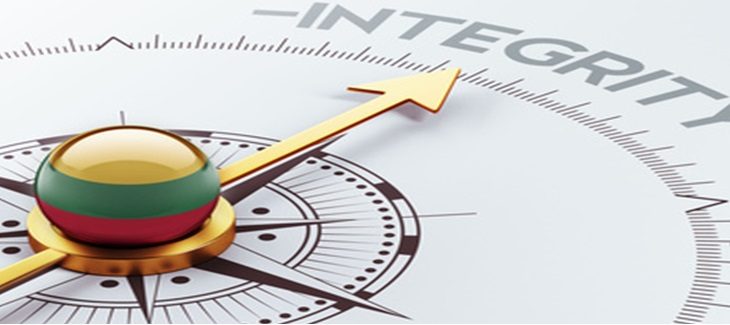It is very important for a researcher to be able to differentiate “right” from “wrong” behaviour in a research environment. There are many different forms of research misconduct. The three severe ones include falsification, fabrication of results and plagiarism. There are also issues around authorship, conflict of interest and redundant publication (people publishing same thing more than once). I undertook this online mandatory module to gain a better understanding of responsible research practices in my area of study.
Date: Activated on 1 May 2016
Time: 12 hours to complete
Location: Online – Moodle Link: <Research Integrity>
Defining ‘proper’ behaviour, however, is not an easy task. The guidelines for a responsible can be sourced from government standards (local, state or international), institutional standards (university, corporations), professional standards (accrediting societies), commonly accepted practices (industry/discipline practice of acceptable behaviour) and personal ethics (own sense of right and wrong).
The Singapore Statement sets out four basic principles for responsible research: honest, accountability, professional courtesy and good stewardship.
To avoid getting caught off-guard, it is important to adopt the following systematic approaches during a research project:
- Planning – this involves adequately considering the time & resource demands of the project to avoid putting unneccessary pressure on oneself to deliver unrealistically. Formal approval or permissions should be sought regarding the research to avoid future roadblocks or delays. Stakeholder interests should not be ignored. Additionally, it is very important that appropriate research methodology is identified (bad methods can invalidate the research). Confilict of interests should be expressed and clear procedures and guidelines should be established around protecting participants, the environment and data.
- Conducting Research – It is important to have proper research record to document the steps taken and decisions made during the project. this becomes very essential when one wants to reconstruct the complex processes or procedures. this records can be kept in notebooks or digitally as a document (eg. Google Drive).Research data should also be properly protected, stored and shared. Data should also be interpreted in an accurate/unbiased way. Additionally ownership of data, authorship agreement, teamwork and positive contribution/criticism should be encouraged within the research groups.
- Reporting – a researcher should avoid pre-mature discussion of research findings on social media (before peer-reviewed publication as it may affect acceptance from journal or future IP claims). If there is a communication, it should be complete and not deceptively “selective”. IF there is any error in the communication (publication), it is addressed as correction (error by author), errata (error by publisher), expression of concern (potentially misleading) or retraction (misconduct/ unethical research)
- Responsibility – since a large number of research is publicly funded, the researchers are expected to advocate – ie. recommend particular courses of action. However, one must always express caution during advocacy if any uncertainty remains in the research. The arguments should be presented on the basis of research only. Additionally, the researchers should be careful about controversial research.
This online workshop thoroughly covers the overarching responsibility to behave in a truthful and honest manner and the systematic approach that can be employed to avoid getting caught off-guard.
I really enjoyed this online module.









